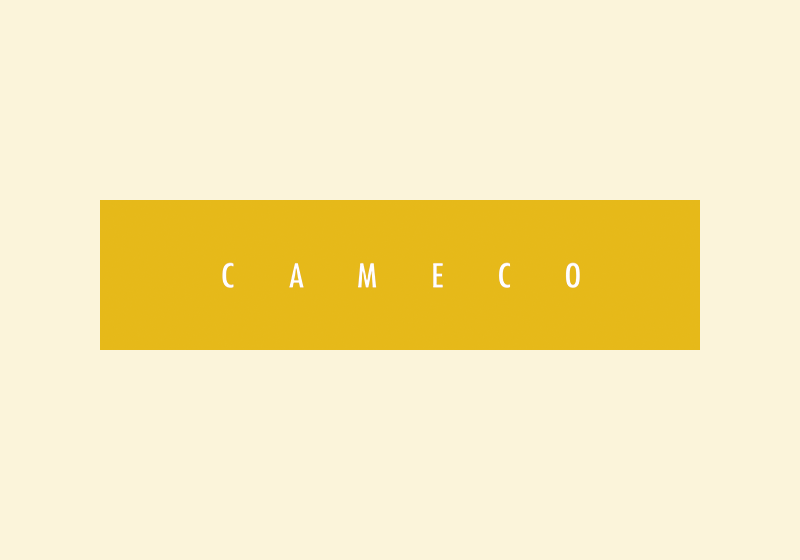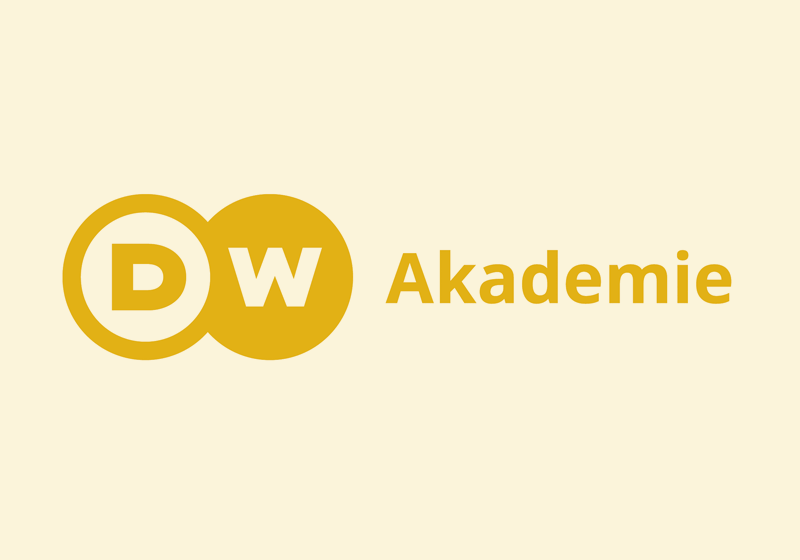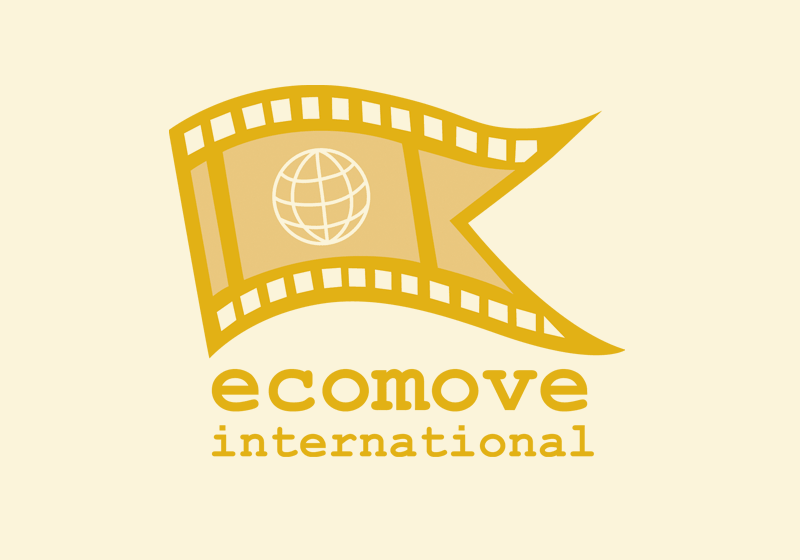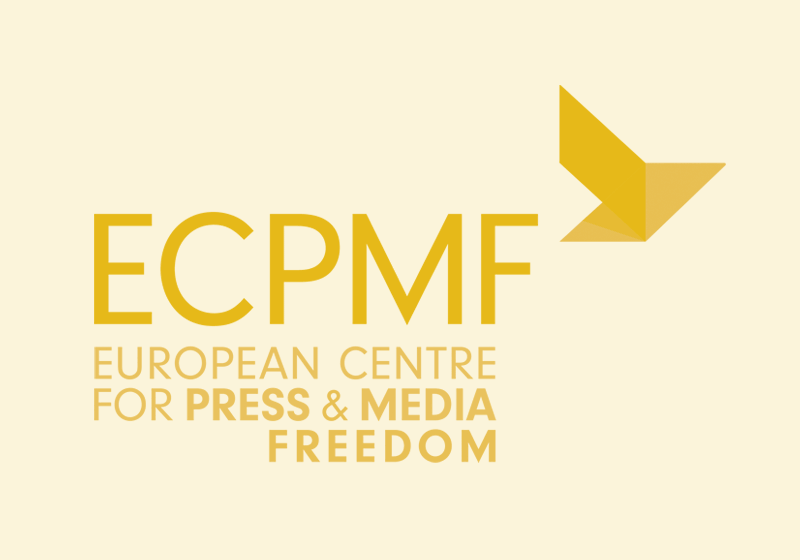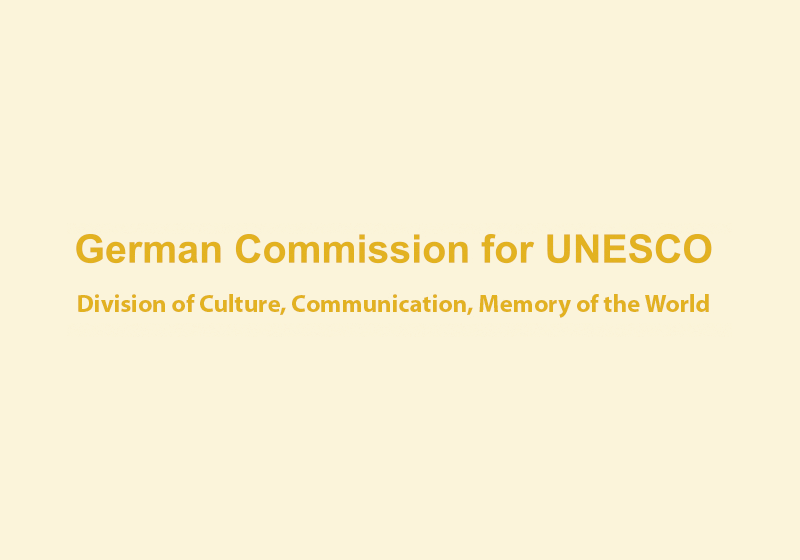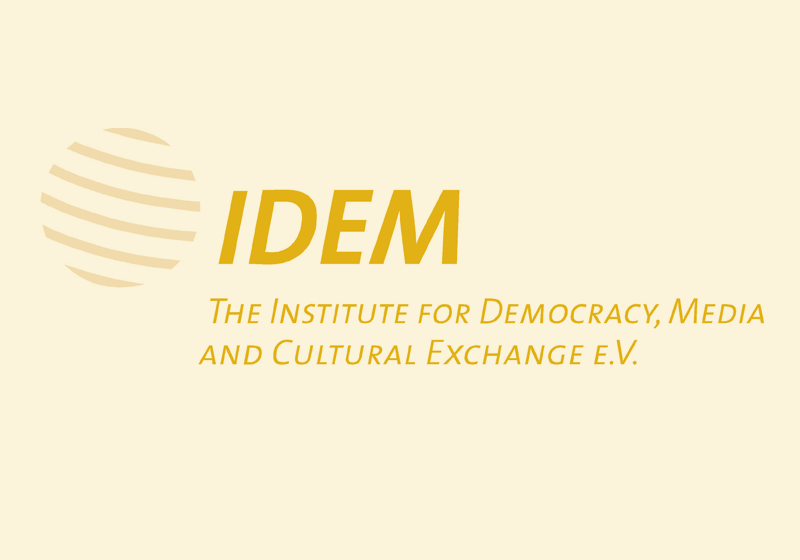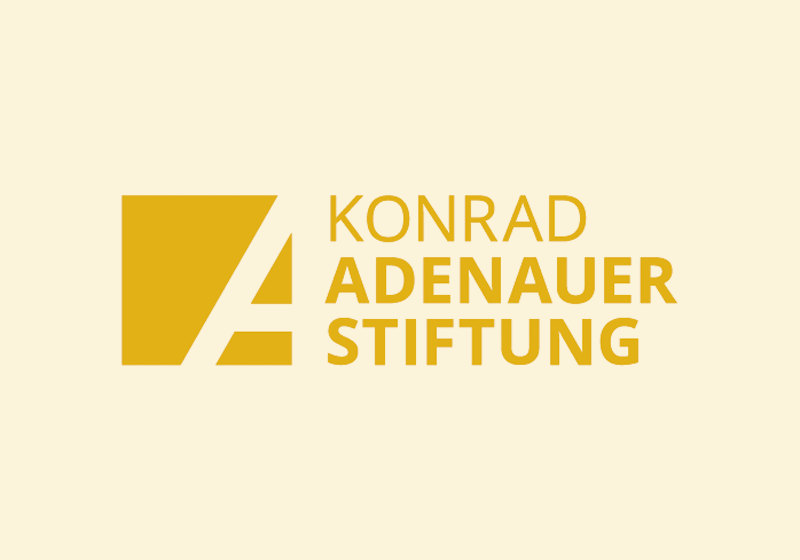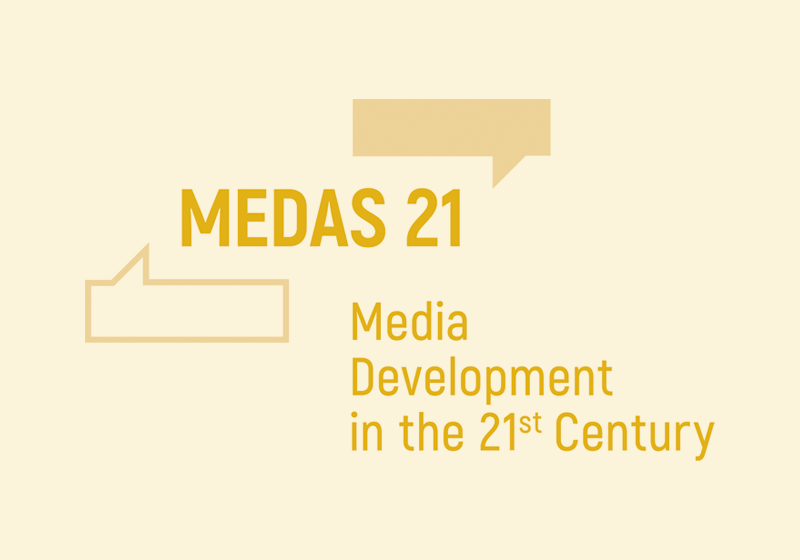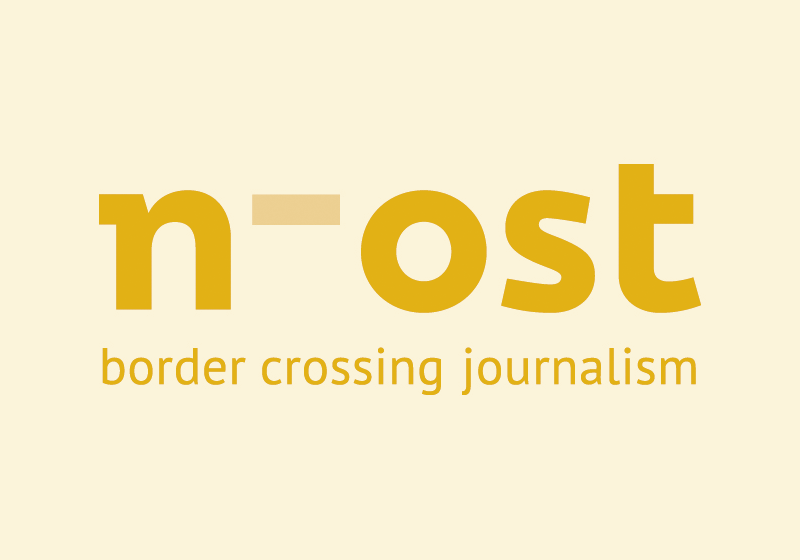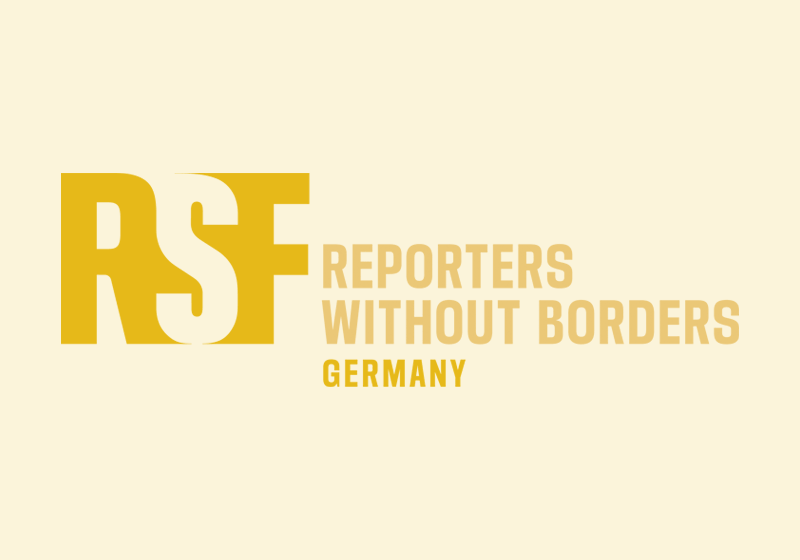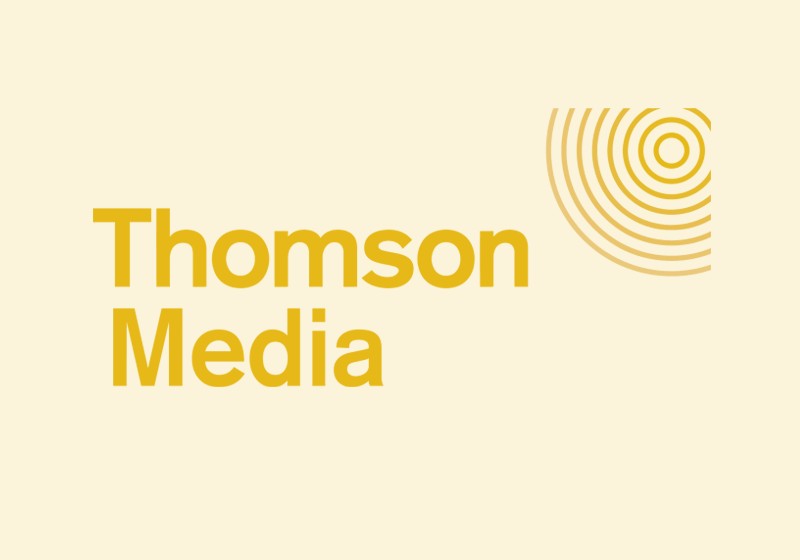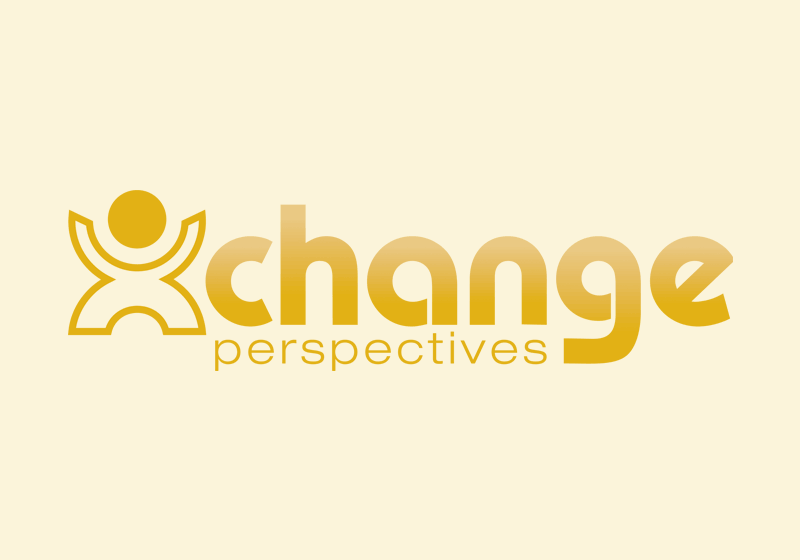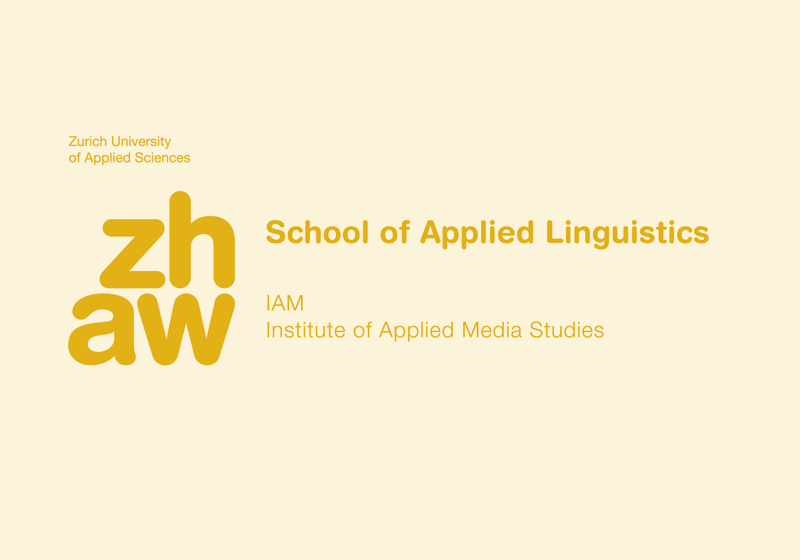Literature
Presentation “Power and Profit: Media Capture in the Digital Age” by Anya Schiffrin, Columbia University
Schiffrin, Anya (2017): In the Service of Power: Media Capture and the Threat to Democracy. CIMA
„In short, media capture is a way of understanding how media systems are swayed or controlled by powerful interests around the world. It explains media systems not only in countries that have long been democratic but also in countries such as those described in this book—for example, Burma and Tunisia—that recently have undergone dramatic political transitions but ended up with media systems that still are shaped by government and corporate influences. As long as capture exists, and it usually exists in one form or another, then the media are not truly free.“ (p.5)
Further recommendations:
Petrova, Maria (2008): Political Economy of Media Capture
„As the mass media is the important source of information about public policy for common people, it becomes an attractive tool that can be used by the rich to influence public opinion. If aggregate income stays constant, the greater inequality in the economy implies lower income of the median voter, which leads to a higher popular demand for redistribution. This, in turn, increases incentives for those with high income to affect the preferences for taxation and public good provision of those with low income.“ (p.33)
Corneo, Giacomo (2005): Media Capture in a Democracy: The Role of Wealth Concentration
„Since objective news coverage is vital to democracy, captured media can seriously distort collective decisions. The current paper develops a voting model where citizens are uncertain about the welfare effects induced by alternative policy options and derive information about those effects from the mass media. The media might however secretly collude with interest groups in order to influence the public opinion.“ (Abstract)
Besley, Timothy; Prat, Andrea (2006): Handcuffs for the Grabbing Hand? Media Capture and Government Accountability
„Studying the role of the media in achieving government accountability gives a sense of why regulatory issues for the media sector go beyond standard competition policy concerns. Changes in the concentration level or in the ownership structure may affect welfare, not only through the traditional channel of consumer surplus (subscription prices, advertising rates, etc.), but also through effects on political accountability.“ (p.732)
Pi, Jiancai (2010): Media Capture and Local Government Accountability
„…media capture does harm to the whole society, but as for an undemocratic country it can bring about social stability, so the central government has to make a trade-off between the benefit and cost. Because these undemocratic countries are different from democracies in political institutions, the causes of their media capture are fundamentally different, too.“ (p.282)
Gehlbach, Scott; Sonin, Konstantin (2014): Government control of the media
„A substantial literature emphasizes the importance of media freedom for good governance. Less is known about the determinants of media freedom itself. Although correlated with the presence of democratic institutions, political institutions alone do not determine media freedom. Many nondemocracies have higher levels of media freedom than many democracies, and media freedom often fluctuates within countries even as political institutions remain unchanged.“ (p.163)
Vaidya, Samarth; Gupta, Rupayan (2016): Corruption Via Media Capture: The Effect of Competition
„…our key finding is that media competition can inadvertently facilitate corruption. This is particularly likely when the transparency oversight under which the government operates (such as the Freedom of Information laws or protection to journalistic sources) is weak thus reducing the potential flow of information and, therefore, the quality of evidence available to the media.“ (p. 1337)
Prat, Andrea (2016): Media Capture and Media Power
„This chapter surveys models of media capture and media power. In both cases, media sources deliberately deviate from truthful reporting in order to affect electoral outcomes. (…) Both phenomena are facilitated by the presence of a concentrated media industry and we will review ways to quantify.“ (p.669)
Country Studies
Francken, Nathalie et al. (2009): Media, Monitoring, and Capture of Public Funds: Evidence from Madagascar
„This paper investigates the role of media and monitoring in reducing capture. We analyze data on capture of public expenditures by local officials in Madagascar. Our findings indicate important constraints on decentralization of public service delivery, in particular in remote areas. Capture could be successfully constrained through a combination of media programs and monitoring.“ (p.242)
Wisehart, Cynthia (2011): Media Ministry. Case Studies in Media Capture and Distribution
„The key to both these installations was understanding the role that media would play in the ministry and congregant experience, which in turn shaped the technical approach. In the case of Celebration Church, the desire was to bring multiple sites together with a shared element – the lead paster – but to allow each of the sites to control how that experience would be integrated at their site, both contextually and technically.“ (p.35)
Mungiu-Pippidi, Alina (2012): Freedom without Impartiality. The Vicious Circle of Media Capture, In: Gross, Peter; Jakubowicz, Karol: Media Transformations in the Post-Communist World. Eastern Europes Path to Change
„Capture distorts the main role of the media: captured media outlets emerge to trade influence and manipulate information rather than to inform the public, a phenomenon hard to fit into the classic government–perpetrator and media–victim paradigm. Paradoxically, media capture proves that media matter and have an effect both as the result of disinformation and the lack of proper information.“ (p.8)
Hung Au, Pak; Kawai, Keiichi (2012): Media Capture and Information Monopolization in Japan
„By reinforcing their close ties with official sources while restricting competition among reporters, Japanese media have built a symbiotic relationship between politicians and news outlets. Instead of anticipating stories and shaping emerging news, the Japanese press primarily responds to an agenda of political discourse that has already been set. As many have pointed out, the existence of the kisha club system seems to be mutually beneficial for politicians and media in Japan, making it easier to control the access to and the dissemination of information about political events, as well as limiting rivalry among the media companies.“ (p.134)
Bignon, Vincent; Flandreau, Marc (2014): The Price of Media Capture and the Debasement of the French Newspaper Industry During the Interwar
„As we repeatedly emphasized, those who control newspapers are tempted to loot them. Papers provide news but as they acquire readership, they become vehicles for influencing opinion. The temptation to debase newspapers for personal gain is fundamental. We have provided evidence to substantiate this insight during France’s media debacle during the interwar years.“ (p.826)
Ryabinska, Natalya (2014): Media Capture in Post-Communist Ukraine. Actors, Methods, and Conditions
„What explains the slow progress of media reforms in post-Soviet Ukraine compared to the successes in the more advanced new democracies of Central and Eastern Europe? Why, despite the adoption of media laws corresponding to European standards and the establishment of private ownership of media in the 1990s, do Ukrainian media remain partly free? How can we explain the authoritarian backlashes in the country’s changing media situation?“ (p.46)
Urrusti Frenk, Luz Maria Sinaia (2015): The Political Economy of Media and Violence in Mexico
„The goal of this dissertation is to contribute to our still imperfect understanding of how actors with de facto and de jure political power shape institutional development and how informal political institutions affect economic and social outcomes. The Mexican democratic transition, which transformed many aspects of the country’s institutional framework, is an ideal setting to study these questions from a political economy perspective.“ (p.4)
Yanatma, Servet (2016): Media Capture and Advertising in Turkey: The Impact of the State on News
„This research paper basically looks at the impact of government on the distribution of newspaper advertising in Turkey between 2003 and 2015, particularly in the last five years. It examines how the government plays a key role in the allocation of both state-run and private companies’ advertising, as a tool to reshape the media sector and to manipulate the newspapers by creating dependence on the state.“ (p.7)
Frisch, Nicholas et al. (2017): Media capture with Chinese characteristics: Changing patterns in Hong Kong’s news media system
„Hong Kong is a unique case because its media sector and economy are similar in structure and operation to a Western industrialized democracy; yet Hong Kong’s small size, and massive economic exposure to a neighboring market policed by an authoritarian regime, make it a stark case study.“ (p.13)
Kerpel, Aron (2017): Pole and Hungarian Cousins Be? A Comparison of State Media Capture, Ideological Narratives and Political Truth Monopolization in Hungary and Poland
„In both countries, governments are using their increased media influence over public (and to some extent private) outlets to propagate their political ideology in public discourse, interpreting events in light of the religious, nationalist and family narrative levels.“ (p.83)


